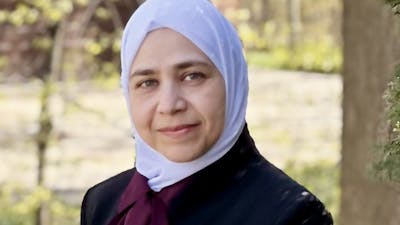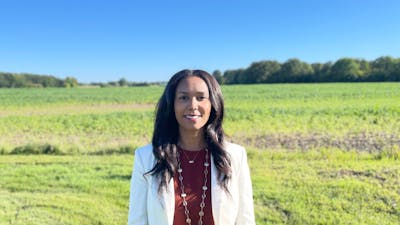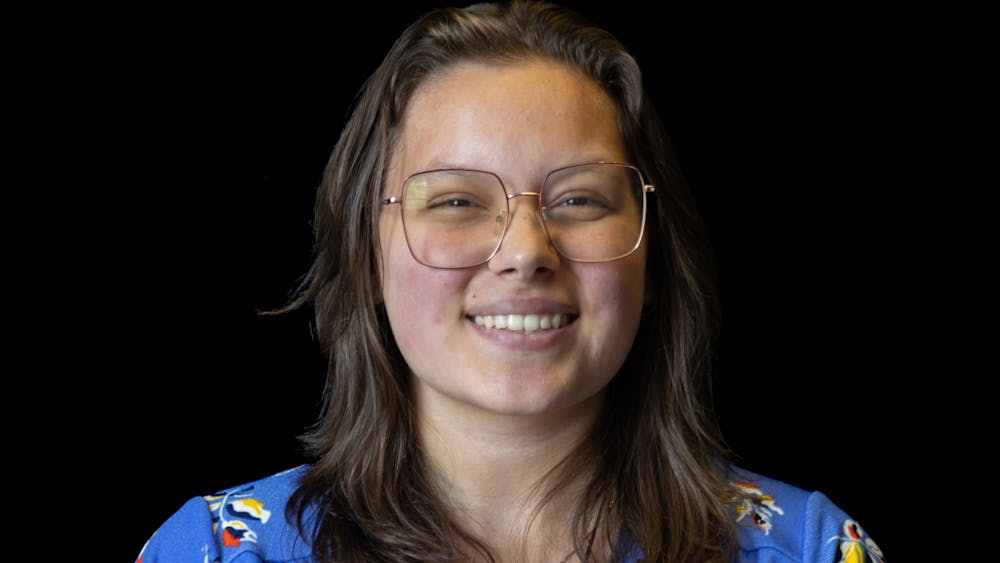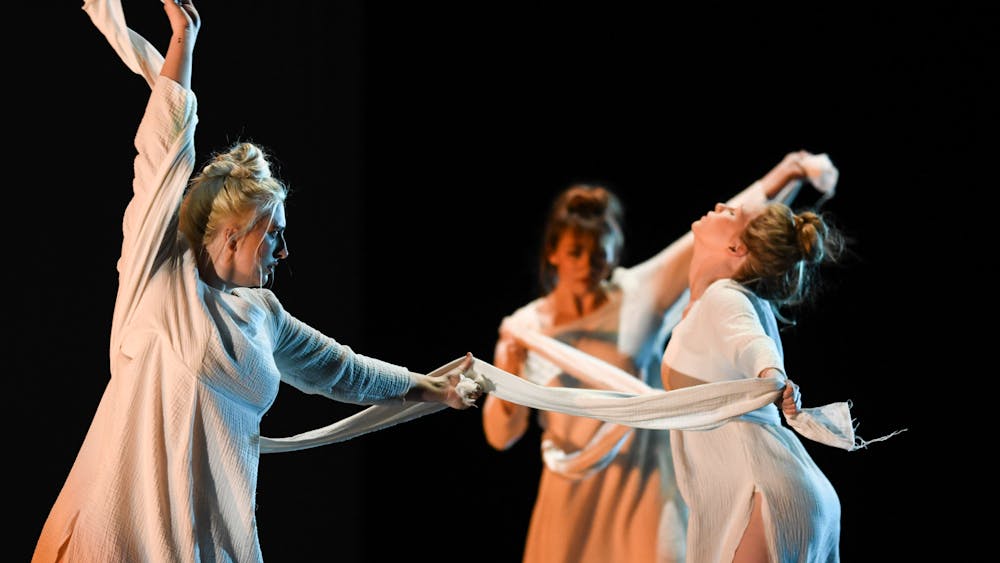Editorial: Discussions about inclusiveness are best when focused
Last semester, President George Ross announced our university would host a series of panel discussions on diversity and inclusion.
The first of these was in December of last year. It was an open forum during which Ross took questions from students and communicated his vision for a more inclusive Central Michigan University.
Following that panel discussion we asked CMU’s administration to strive to avoid an echo chamber on this campus — one that unintentionally segregates our community and renders conversation about inclusiveness unproductive.
Talking about the same issues with the same people at the table over and over again accomplishes nothing.
We must emphasize this point again in the wake of another diversity conversation.
Talks about a topic so complicated as the one regarding race on a predominantly white campus must be transformative.
The second “Walking Together” event April 8 was effective. The theme of the second panel discussion was diversity training and the presence of inclusiveness in the classroom.
This discussion was more focused and as a result, more effective.
We commend the university on picking a specific topic to explore amid such a complex and changing environment of higher education.
We feel this is an important aspect of this issue and needed to be addressed.
There are several ways CMU has apparently tried to meet the concerns mentioned by students during the first panel discussion.
A diversity and inclusion assessment initially set to conclude by the end of the semester has been extended to give students, faculty and staff more time to participate.
The Barthwell Group, a certified owned by women minority-consulting firm from Detroit, is leading the assessment, which hopes to identify effective university inclusion efforts and opportunities to enhance the on-campus learning environment.
This is a meaningful way Ross’ administration is gathering information in hopes of breeding actual change.
Secondly, the university has created a Diversity Transformation Team. This group will conduct training with faculty and staff on how to better incorporate inclusiveness into their curriculums and coursework.
It is unrealistic to expect every course taken at CMU will include thorough diversity material. However, inclusion must not be ignored.
We support mandatory diversity and cultural diversity-themed courses as part of every major program at CMU.
Attending a university is an experience students must use to transform and enhance their lives. It should also be a journey where they educate themselves about cultures different than theirs and expand their worldview. This is an essential part of a student’s liberal arts education.
We appreciated the question and answer portion of the second panel discussion, though we wish more time was dedicated to this part of the program.
Listening to student concern on the topic of cultural diversity is an important aspect of the information gathering process.
The opportunity to confront administrators or faculty with concerns is cathartic and valuable to those who feel judged based on gender or race.
All students deserve to be heard.
Associate Vice President for Diversity Carolyn Dunn urged attendees to e-mail the panelists or her with more comments or questions.
We think you should do so, and CC us on those e-mails to opinion@cm-life.com
Another “Walking Together” panel discussion is scheduled for this fall.
Hopefully, that discussion will be just as focused as the most recent one and put us one step closer to a more tolerant and innovate campus environment.







